Science Japan sat down with Dr. Jia Liu, who studies cosmology as a Project Associate Professor at Kavli Institute for the Physics and Mathematics of the Universe (Kavli IPMU), the University of Tokyo. We chatted with her about her journey to becoming a scientist, her work at Kavli IPMU, and her experience living and working as a researcher here in Japan.
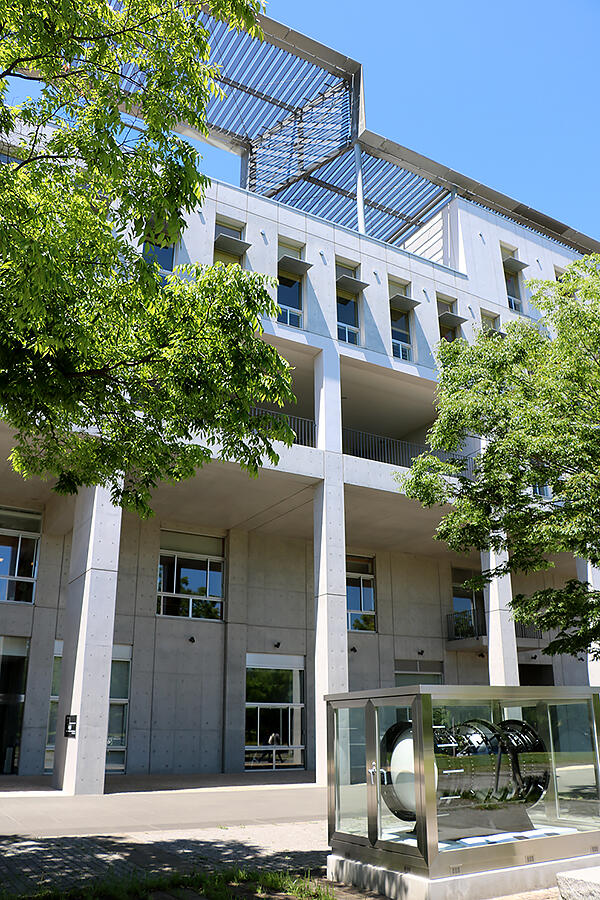
Credit: Kavli IPMU
From China to the States, Japan and into Space.
Jia's path to becoming a researcher is truly fascinating. She was born and raised in China, but as a student was discouraged from pursuing a job involving physics and mathematics. "I kind of liked physics but I wasn't very good at it at the time. Back then, my head teacher was discouraging me from doing science" Jia responded when asked about her background. Students in China usually choose between studying science or liberal arts from a young age, and Jia found herself following a path towards business. "My dad and friends were telling me that girls are very good at liberal arts, and that it would be easier for me!" Jia answered with a laugh, "I trusted the wise advice of senior people, and went all the way through a bachelor's degree in China. For college, my dad picked the Human Resource Management major for me because I like to hang out with people and talk a lot!"
After completing her undergraduate degree in business management from Guangdong University of Finance and Economics, Jia then moved to the United States, where she undertook a Master's in Human Resources (HR) & Industrial Relations at Carlson School of Management, University of Minnesota. "From there I think it was the combination of culture shock, that I suddenly became so independent, and also just being at that age, I started questioning everything, like why do we exist and where are we going?" Jia attended a wide range of classes while studying her masters trying to find the answers to all these questions, eventually finding that astronomy was the most compelling. "I took a lot of courses while I was there, astronomy was just one of them, but I found that it was closest to answering my questions."
Jia started working in New York city after she graduated, but her newfound interest in astronomy led her to take classes at nearby Columbia University. After attending classes during the week and visiting a professor at the university for questions on the weekends, she eventually ended up enrolling in a PhD there.
Despite the initial difficulty, Jia completed her PhD and went on to hold two postdoctoral positions, "It turns out that physics is much simpler than HR! Compared to human interactions, there are rules you can follow which I found very comforting." She explained, "Once I started trying, it was a good amount of work, but not as hard as I thought, or as impossible as I was told it would be. By reading textbooks and talking to people, I was able to catch up to graduate level in about 3 years." After studying various topics such as black holes and neutron stars, she eventually began to pursue research into the origin and evolution of the universe and ended up at her current position at Kavli IPMU.
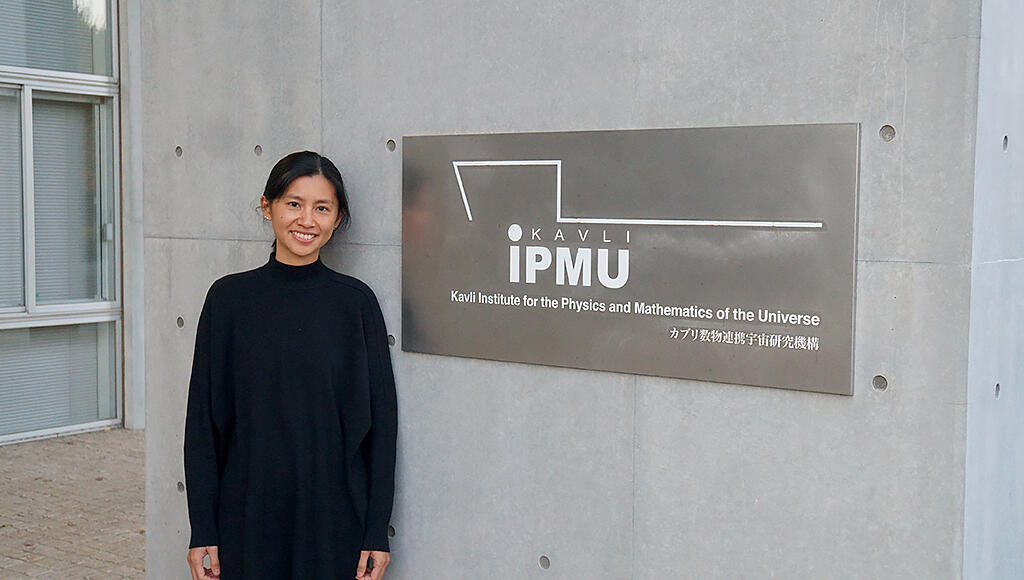
Unraveling the mysteries of the universe at Kavli IPMU
Jia is currently studying cosmology, where research is focusing on the largest scales of the universe. However, she started out with observations of some of the most extreme objects in the universe. "I started with black holes. Back then I worked on observation using telescopes in remote mountains and I would go there for 1 or 2 weeks, and just observe with a telescope in the middle of the night." Despite her love for the subject, she found that the lifestyle of staying up at night isn't the best fit for her. After this, she moved into computational simulations and now finally cosmology. "Now, I don't need to get up at night!" Jia added with a grin.
Kavli IPMU was not Jia's first experience in Japan, she took part in a joint summer program between the US National Science Foundation (NSF) and the Japan Society for the Promotion of Science (JSPS) around 10 years ago, where she chose to work at the Japan Aerospace Exploration Agency (JAXA). "I grew up with Japanese culture, TV, music, and books, so Japan had always been a place I really wanted to experience for a long time. The first chance that I saw to come [to Japan], I didn't want to just travel but really live here, so I applied for the program. I came to live for a summer, and it was a very interesting experience" Jia replied when asked about why she chose Japan. "During my experience in Japan, I built deep connections with people here and it really paved the way for me to come back."
Jia credits Japan's broad range of research in the field, and especially at Kavli IPMU, for why it is an attractive place to work. Most institutes in other countries specialize in one aspect of observation, either the early universe through cosmic microwave background (CMB), remnant light from the early universe, or in late-stage universe observation such as galaxy observations. "I chose Kavli IPMU because it is an interesting intersection of international projects. It is among the rare places where you have both fields covered."
Kavli IPMU is involved with major observation missions, including the Prime Focus Spectrograph to be mounted on the Subaru Telescope in Hawaii, and the other is a future satellite known as LiteBIRD, which will be launched in collaboration with ISAS/JAXA and observe the CMB. These projects illustrate Japan's involvement across both fields of observation. "My work is at the intersection of both, so this really is a perfect place for me." Jia said, highlighting another reason why Kavli IPMU is a great place to do her research.
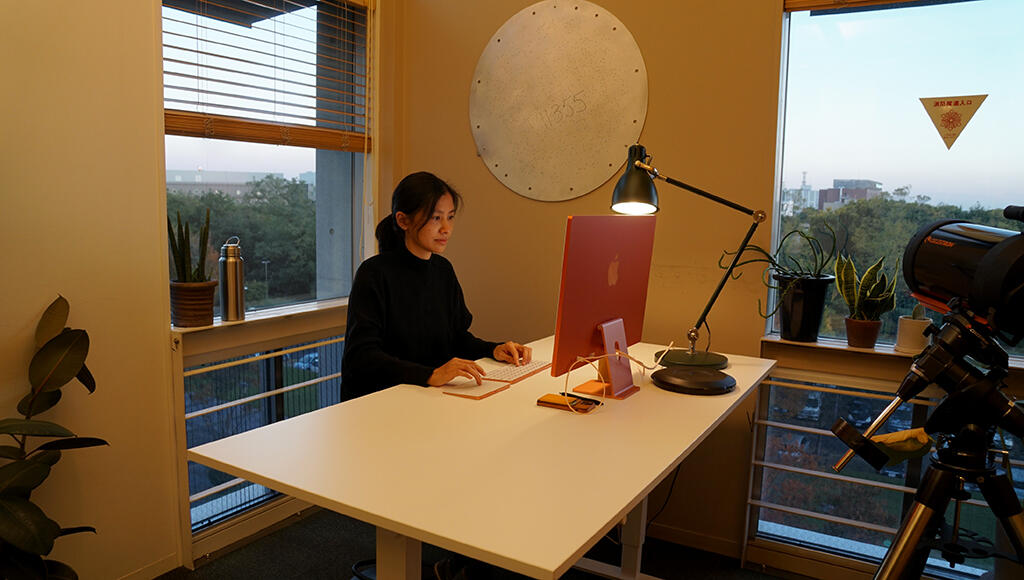
When we asked Jia about what she would say to anyone who was hoping to move into research, and especially a difficult field like cosmology, she had some sage advice. "Doing research is very different from studying for exams. How well you can cope with uncertainties and failures is very important." Jia tried out a range of projects before settling into cosmology and recommended that any aspiring researchers do the same "[I think they should] find some summer research programs, or some other small research opportunities and find out what research is really like. After trying a few different topics and techniques, people can see if it is for them."
Future technology's role in astronomy and cosmology
The role of technology in research has steadily increased over the years, which has allowed for greater analysis of the universe. The rise of artificial intelligence (AI) and machine learning in particular has opened a lot of potential avenues for research into the mysteries of the universe. Jia herself sees the high potential that these technologies have for her research, "AI has become very well developed over the past 10 years, and I got very interested in applying that to my work. The current analysis tools are not enough to capture all the rich information in the observational data we have or are going to have. With advanced statistical tools and machine learning, we can potentially get to the fundamental questions faster."
Kavli IPMU has recently begun to build its own Center for Data-Driven Discovery, and Jia will become the first director of the center. The center is planning to include a wide range of technologies into their research, such as numerical simulations, data mining, machine learning, and quantum computing. Researchers at the University of Tokyo have access to quantum computers through the university's collaboration with IBM.
Looking at current technologies, observation of space is influenced strongly by what is available. "Unlike particle experiments where you can tune your experimental subjects, we only have one universe as is." Jia stated, "It is the only observable thing we have. Building better instruments to achieve deeper, wider, and more precise observations is how we make discoveries." Projects such as the Hubble telescope, and the recently-launched James Webb Space Telescope, have produced some incredible images of the universe, and thinking forward to what future technologies may make possible is truly exciting.
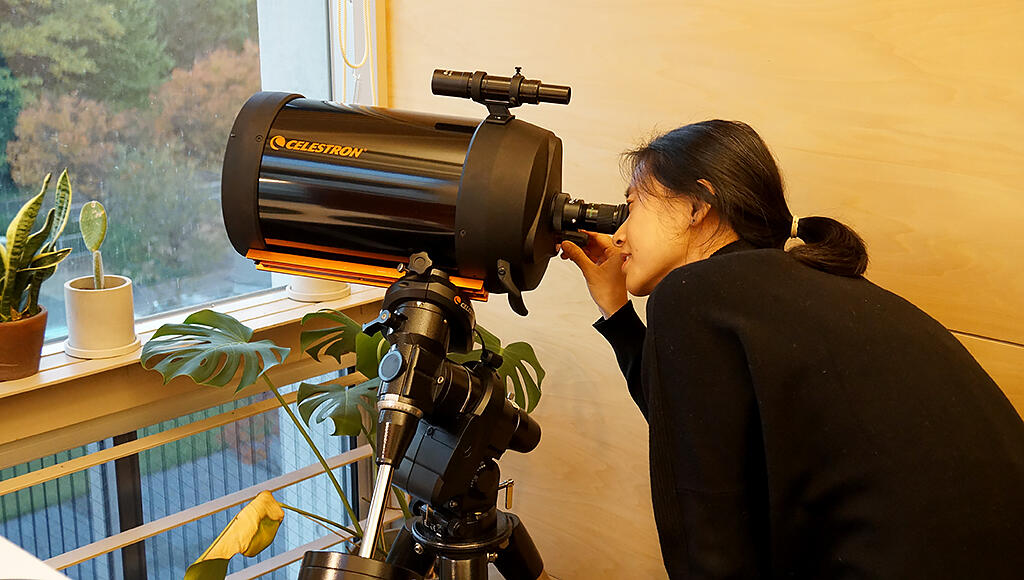
Looking towards the future, Jia mentioned that she has a range of projects she hopes to undertake. In particular, she hopes to simulate our entire universe in multiple wavelengths that will eventually be used by future cosmological surveys to answer some of the fundamental questions, such as the origin of our universe, the nature of dark energy and dark matter, and the mass of neutrinos. She believes Japan and Kavli IPMU are a great place to achieve her goals. She also credited the people and connections around her for success. "Finding a group of people who you mutually trust is key, not just Japan but anywhere."
Space is often referred to as the final frontier, but with constant discoveries being made both here in Japan by researchers like Jia, and through large international collaborations such as the Subaru programs and the LiteBIRD space mission, it feels like full understanding of the origin and evolution of the universe is closer than ever. The Science Japan team eagerly awaits Jia's future discoveries.
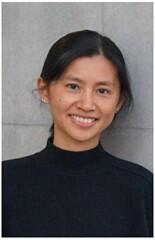
Profile
LIU, Jia
Project Associate Professor, Kavli IPMU, the University of Tokyo
Graduated from Guangdong University of Finance and Economics, China, before moving to the US for a master's degree. Discovered her love of Astronomy while at the University of Minnesota. After gaining a PhD from Columbia University and doing further research at Berkeley and Princeton, she moved to her current position at Kavli IPMU in 2021.
Kavli IPMU
https://www.ipmu.jp/
A list of Jia's research works can be found at the following link:
https://liuxx479.github.io/
Produced by the Science Japan Editorial Team



